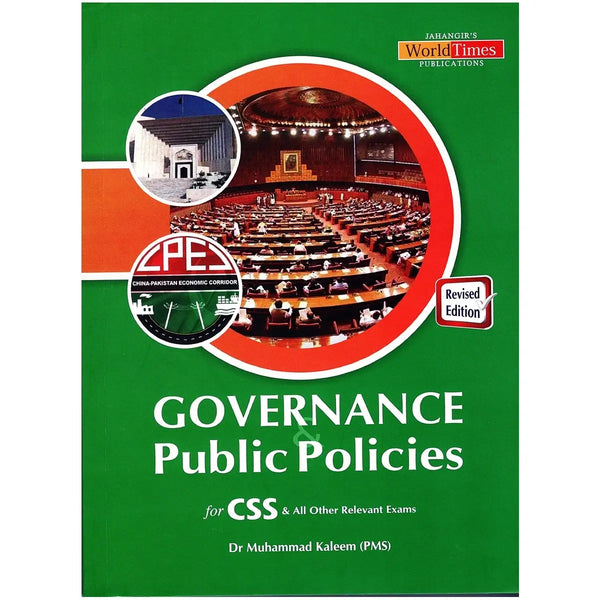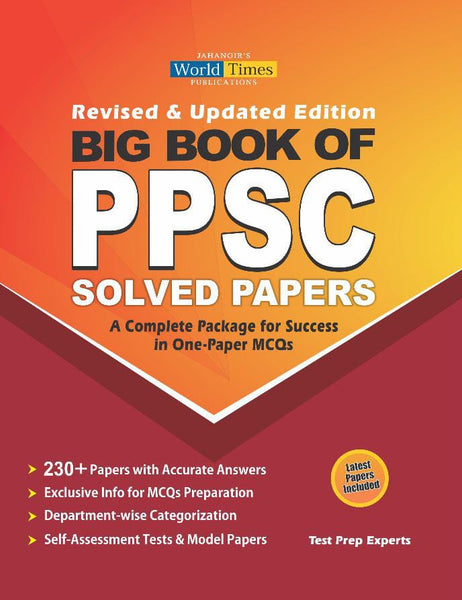Mental Retardation for Special Education Teaching by Madiha Rashid-MBD provides an in-depth exploration of mental retardation, focusing on the needs and strategies for effective teaching in special education settings. The book delves into the characteristics, causes, and classifications of mental retardation, offering practical guidance for educators to foster an inclusive and supportive learning environment. It emphasizes the importance of individualized educational plans, specialized instructional techniques, and collaborative efforts between teachers, parents, and professionals to enhance the educational experiences of students with mental retardation.
Key Points
1. Definition and Classification Mental retardation is defined as a significant limitation in intellectual functioning and adaptive behavior, originating before the age of 18. The book classifies it into mild, moderate, severe, and profound categories based on IQ levels and adaptive skills.
2. Causes of Mental Retardation The causes are multifaceted, including genetic conditions, prenatal factors, perinatal complications, and postnatal influences. The book details each category, emphasizing early detection and intervention.
3. Early Identification and Assessment Early identification through screening and diagnostic assessments is crucial. The book discusses various tools and methods used to assess cognitive and adaptive functioning in children.
4. Individualized Education Programs (IEPs) IEPs are central to special education, tailored to meet the unique needs of each student. The book outlines the process of developing, implementing, and evaluating IEPs.
5. Instructional Strategies Effective teaching strategies are highlighted, such as differentiated instruction, task analysis, and the use of assistive technology. The book provides practical examples and case studies.
6. Behavioral Interventions Managing challenging behaviors is essential for creating a conducive learning environment. The book discusses positive behavioral interventions and supports (PBIS) and other techniques.
7. Parental Involvement Parental involvement is critical in the education of children with mental retardation. The book explores ways to engage and collaborate with parents to support their child's learning.
8. Collaboration with Professionals Collaboration with a multidisciplinary team, including psychologists, speech therapists, and occupational therapists, is vital. The book emphasizes the roles and contributions of these professionals.
9. Legal and Ethical Considerations The book addresses the legal rights of students with mental retardation, including educational laws and policies. It also discusses ethical considerations in special education.
10. Transition Planning Transition planning for life after school is essential. The book covers strategies for preparing students for post-secondary education, employment, and independent living.
Conclusion
"Mental Retardation for Special Education Teaching" by Madiha Rashid-MBD is an essential resource for educators, offering comprehensive insights and practical strategies to support students with mental retardation. By emphasizing individualized education, collaborative efforts, and early intervention, the book aims to improve educational outcomes and quality of life for these students, fostering their growth and development in a supportive environment.

























